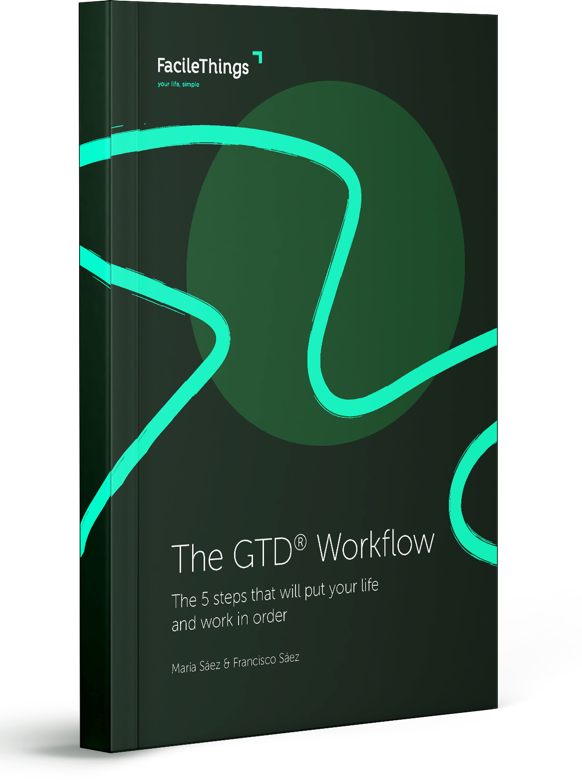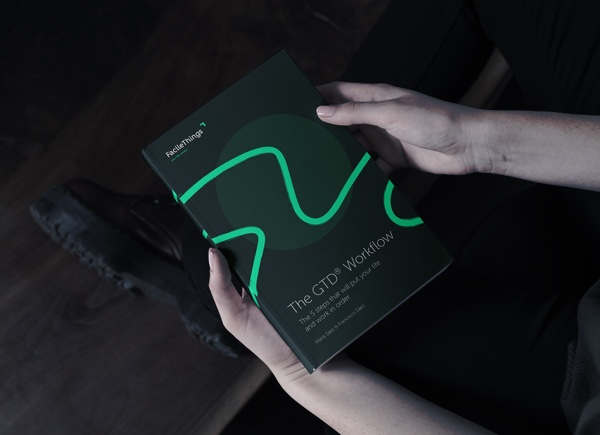Getting Things Done - GTD
Jumping to Conclusions
AUTHOR: Francisco Sáez“It often happens that things are other than what they seem, and you can get yourself into trouble by jumping to conclusions.” ~ Paul Auster

Jumping to conclusions is a cognitive distortion that occurs when we make a decision, or we judge something without having all the facts that are necessary. It is something extremely common, and you might just find yourself doing it on a daily basis. It happens because we aren’t capable of actually distinguishing what we see from what we are taking for granted.
Our brains work like associative machines that are always looking for causes, and when those are not that easy to spot we just sort of use a statistical approach to determine them. Unconsciously, we judge which sequence of events would be the most probable, and we end up assuming it as true. The problems come when we try to interpret a random event, since it may have multiple readings.
We usually end up seeing patterns that don’t exist. We do this (even though patterns can’t be found in random occurrences) because we need to believe in a coherent world governed by rules. We are in search of a simpler world around us.
If we see a basketball player hits three triples in a row, we assume he is a good player, even if the general statistics don’t say so. If we see a financial advisor getting two predictions right, we will consider him an expert right away.
We don’t realize that most things that occur in our life happen by chance, and this misunderstanding of randomness mixed with our need to find causes has significant consequences in our judgment and our decision-making skills. Following our intuition will lead us to mistake more often than not. But it doesn’t matter because we will continue trusting our intuition, it’s in our genes.
That’s the reason GTD does not ask you to deny your intuition while making decisions (you wouldn’t be capable of doing so either way) but it rather forces you to inform yourself and have more information so that trusting your intuition becomes more effective. If your brain has all the relevant information, it won’t need to search for nonexisting patterns to help itself make decisions.





No comments